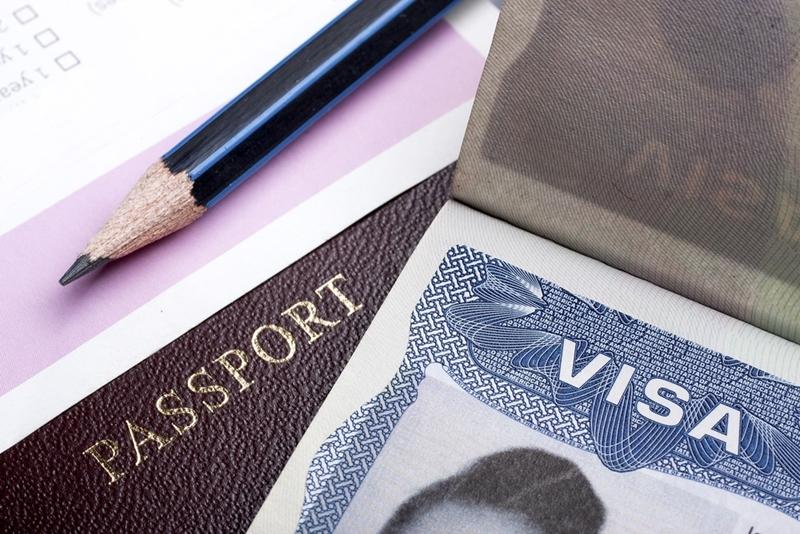Moving a spouse and children to a new home is no easy feat, so it stands to reason that moving them internationally would be an even more complicated undertaking. However, if your company has chosen you for corporate relocation to an overseas office, whether permanently or for a shorter-term project, moving your entire family is likely necessary. If this is the case, there are a few steps you should take to plan your international move.
Talk to your company
According to Atlas Van Lines data, in 2014, 93 percent of companies indicated they'd relocated one or more employees with children. That means, if you work for a larger company, it may already have relocation benefits that can help you, your spouse and your kids make the transition.
Either way, it's crucial to discuss the logistics of the move with your company as soon as you agree to the relocation. How much is the company going to pay for? Will it assist you in selling your home or buying a new one? Will it hire a moving company, or should you take care of that? Understanding all of the small details involved will help you prepare your budget and craft a comprehensive to-do list or timeline.
Apply for the correct visas
The specific documentation you and your family members will need to move overseas depends on where you will be living. In general, you, your spouse and your children will likely need a U.S. passport, and everyone may be required to have visas as well. The consulate of the country you're moving to will be able to tell you who in your family needs what documentation. This paperwork should be sorted out as soon as possible to ensure it's all approved before the relocation.

Look into new schools
Because you're moving with your children, you'll need to spend time researching the schools and educational systems in the foreign country. Many companies provide childcare assistance to employees who are relocating with children, including providing lists of schools and educational options, so check with your boss to see if he or she can offer any guidance. You'll also need to speak with the children's current schools to get copies of transcripts and any other necessary transfer paperwork.
Research your destination thoroughly
It's not just schools you'll need to research - make sure you have a thorough understanding of everything about your destination, from its currency to its food to its culture. You'll want to know as much as possible to prepare yourself and your family to acclimate.
Get the family involved
Finally, keep in mind throughout the whole process that this is a huge change for your children. While younger kids may be able to adjust to the idea a little more easily (and infants may not notice much of a change at all), older kids will likely have a more difficult time with the transition. It's a good idea to keep everyone involved in making all of the decisions, from which schools they'll attend to which house you'll live in - this will give your kids some sense of control over all of the changes happening around them.
